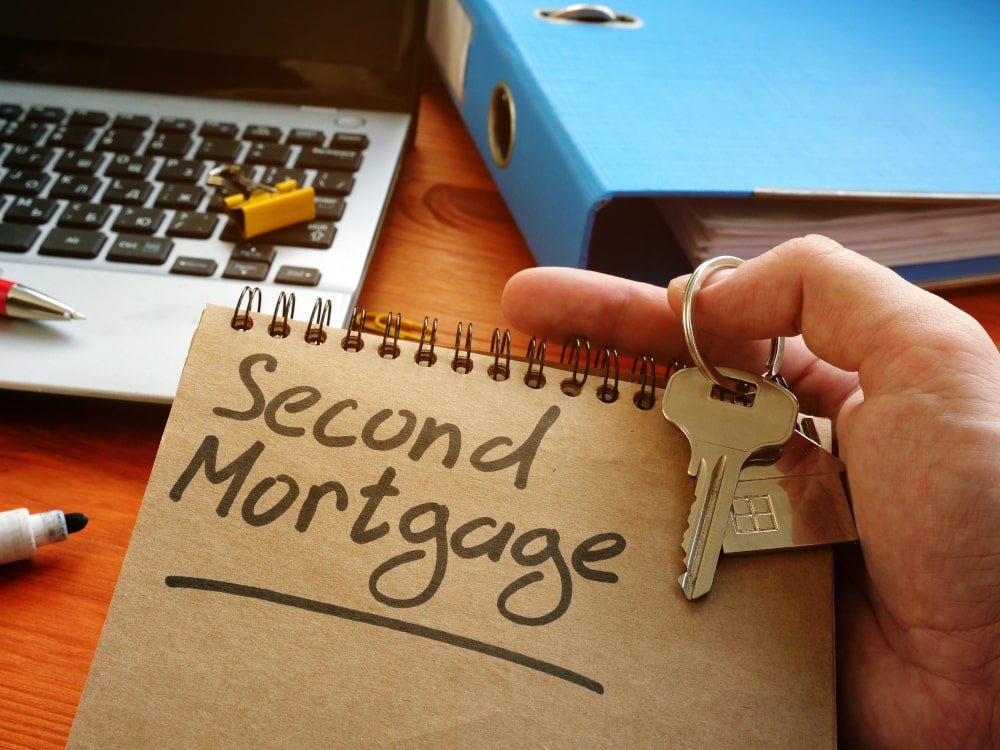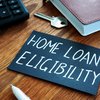Is Investment Into a Second Home Still Profitable?

Buying a second home can be an exciting milestone for any homeowner, but many Canadians are uncertain of how to go about it. Whether you're searching for a new vacation home, interested in earning rental money, or both, understanding the procurement process can help set you up for success. In this guide, we cover the basics of second-home investment and weigh the pros and cons of buying a rental property.
Investing in a Second Home: Everything You Need to Know
When purchasing your second home, the mortgage application process will be largely similar to that of your first home. Your lender will evaluate your debt ratios, credit history, and income information, to determine your eligibility for a mortgage. Of course, there are a few key areas of your application that may differ. Here are some considerations to take into account:
The Down Payment
One of the most common questions when it comes to second homes is what the minimum down payment would be. Similarly to your primary residence, you may be able to get away with a down payment of 5% if your property is valued under $500,000 CAD. For any purchase price over $500,000 and under $1,000,000, you will need a minimum of 5% down for the first $500,000 ($25,000), and 1-% for anything above $500,000 but below $1,000,000. The minimum down payment increases as the price of your property goes up, with all properties over $1 million CAD maintaining a minimum down payment of 20% and sometimes more when getting into “jumbo mortgages”.
Typically, the larger you make your down payment, the more you will save in the long-run on financing charges. A smaller down payment implies a larger mortgage loan, which leads to greater interest costs over time. Additionally, all borrowers who have made a down payment under 20% must pay mortgage default insurance, which can amount to 3-4% of your principal loan. For more information, check out our guide on down payment options and best practices .
Investment Property Vs. Owner-Occupied Property
Another important consideration is whether you intend your second home to be an investment property. Owner-occupied properties refer to homes that you will be personally occupying. Rental properties with more than one unit where you are occupying one unit and renting out the other ones are considered owner-occupied-rental.
If you want to invest in a multi-unit rental property with more than 4 or 5 units, you may need to apply for a commercial investment property mortgage, which comes with different terms and requirements. In all cases with greater than 4 rental units, you will be required to make a minimum down payment of 20% or more, however, in some circumstances you might be able to count 50% or more of your expected rental profits towards your income on your mortgage application. For more information, check out our guide on rental property mortgages .
Tax Implications of a Second Home
When filing your taxes, it is important to note that you can write off many of the expenses incurred to earn rental income. Property taxes, utility costs (if not covered by tenant), professional fees (repairs, cleaning, etc.), advertising fees, and insurance costs are all examples of potential eligible write-offs for Canadian rental properties. You should speak with a certified accountant to fully understand what expenses you will be able to deduct based on your specific individual situation.
Pros and Cons of Investing in a Second Home
Should you buy a second property? The true answer is— it depends. Each homeowner is different in their goals, financial situation, and circumstances. Only you can know what decision is best for you, however, here are some pros and cons you can consider:
Pros:
- Rental Income: if you decide to rent out your second property, you can use the generated rental income to pay off the mortgage and even bring in some personal profit. Many lenders will also allow you to include some or all of your expected rental income in your mortgage application to supplement your own income— leading to better terms and lower rates.
- Asset Appreciation: although property prices in Canada have begun to drop lately, demand for housing has not gone down. The dip in prices we are seeing right now is likely temporary and can be attributed to the shift in demand from the buyer’s market to the renter’s market—due to increasing interest rates. Given this, it is very likely that you will generate profit from the sale of your secondary home after the value appreciates over time.
- Tax Write-Offs: as mentioned in the previous section, many of the expenses related to the management of a rental property can be written off from your taxes.
Cons:
- Cost Considerations: investing in a property comes with a significant capital cost. It is important to consider the impact a new mortgage will have on your finances.
- Tenant Risk: if you are planning on renting out your property, you will be subject to additional risk. Your tenants may cause damages, miss rental payments, or otherwise make property management difficult for you. There is also the risk of long-term vacancy. You may not always be able to find tenants and therefore cannot rely on consistent rental income.
- Opportunity Cost: real estate can be a great investment, but there are other options you can consider. Some people may prefer investing in the stock market, for instance, as there is potential for greater returns in a shorter timeframe, but may also at times come with even greater risks. The opportunity cost of investing in a second property, is that those funds cannot be used for other investments unless you re-finance down the road.
-
Potential income tax
while you own the property, and
potential capital gains tax
when you sell it. Speak to your accountant for more details on this and other tax-related questions.
How Much Can You Earn Off of a Second Home?
If you are planning on buying a second home for exclusively personal use, the profit you will make will come from the sale of your home. While holding the home as an asset and selling it after several years can generate profit, the impact of inflation and the uncertainties associated with the housing market may not make this the best option.
If you are interested in earning more off your second home, you should consider renting it out. It is very possible to occupy a home for personal use whilst also renting out another unit within the property or leasing the entire property when you are not using it (for seasonal homes such as cottages).
A second home can be a great investment, and there are multiple ways you can generate revenue from your purchase. However, the most difficult hurdle will be financing your investment.
Luckily, Clover Mortgage can help. If you are a current homeowner and own at least 20% of the equity in your home, you may be eligible for an equity-backed loan such as a Home Equity Line of Credit (HELOC) or a second mortgage . You may also be able to pull funds out of your equity through a reverse mortgage. Whatever your choice, our expert team of brokers can help you better understand your options and connect you with the best mortgage for you.
Contact Clover Mortgage to book your free consultation today!





